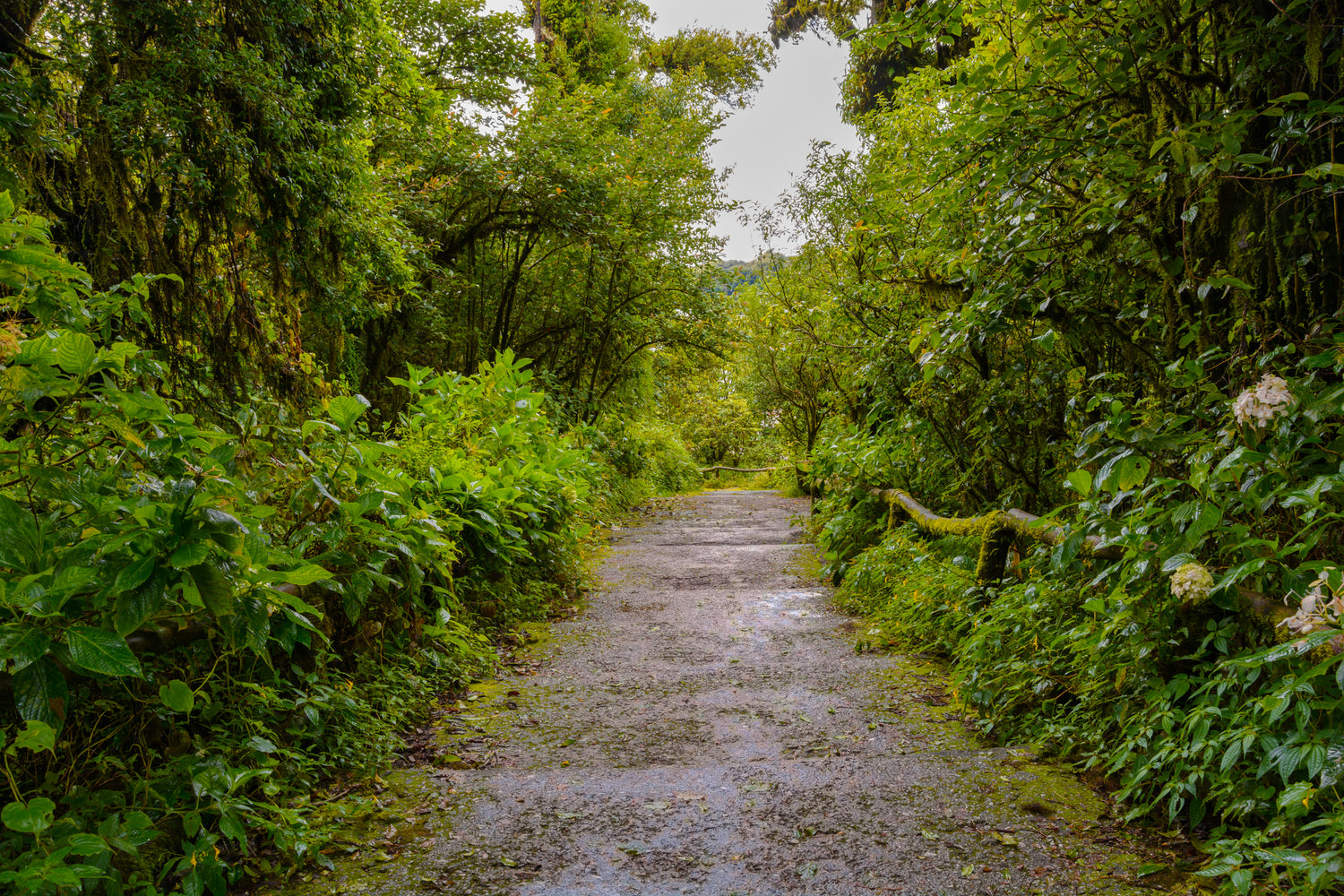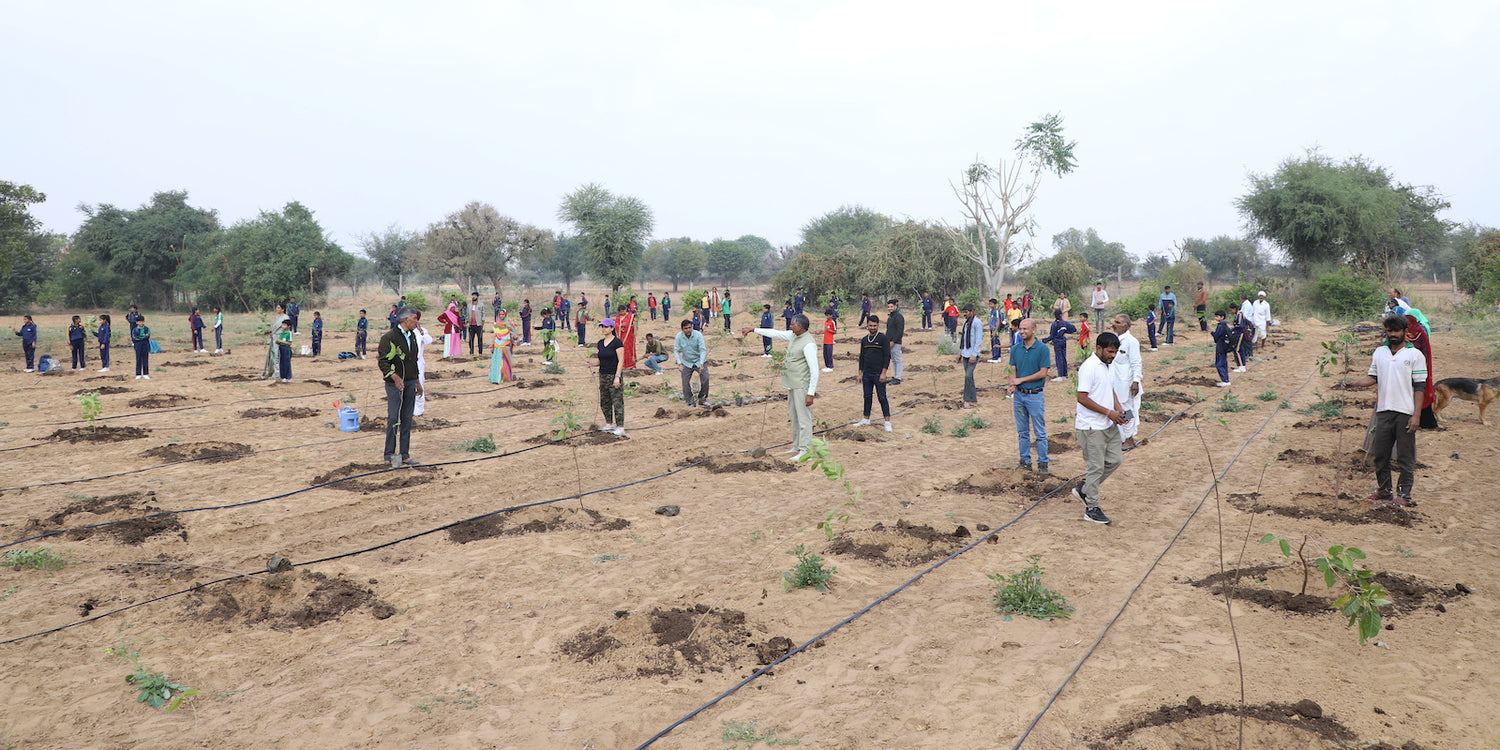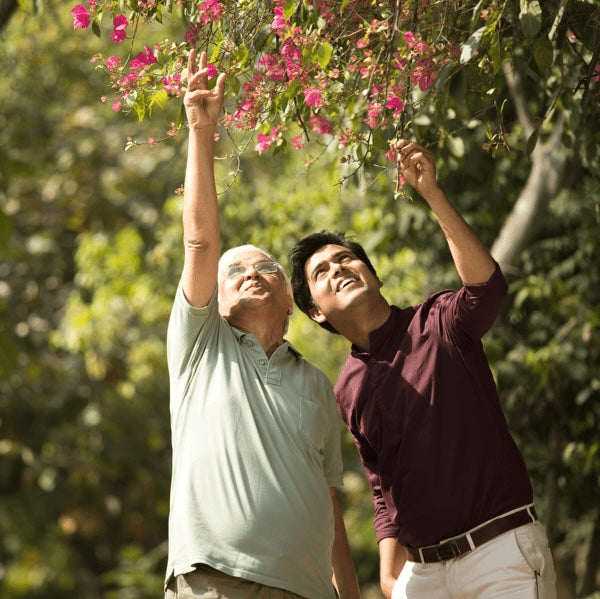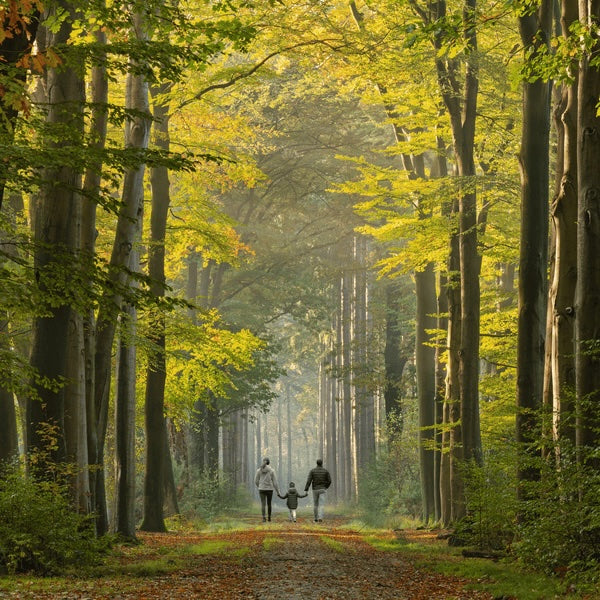Miyawaki Forest Pune
Pune, known as the cultural and educational hub of Maharashtra, is embracing a transformative approach to urban forestry through the Miyawaki method. Read more
Connect with us
-
👥 Corporates
If you are looking for:
- 🌲 Tree Plantation Events
- 📊 CSR Projects
📧 corporate@growbilliontrees.com
📞 +91 9699723523
💬 +91 9325931304 WhatsApp (Only)
🕒 Mon - Sat | 10am - 7pm IST
-
🧩 Tree Plantation NGOs
If you are looking for:
- 💰 Financial Assistance
- 🤝 Operational Support
📧 support@growbilliontrees.com
📞 +91 9699723523
💬 +91 9325931304 WhatsApp (Only)
🕒 Mon - Sat | 10am - 7pm IST
-
🌼 Individuals
If you are looking for:
- 👥 Group Tree Plantation Drive
- 🌳 Bulk Tree Plantation
📞 +91 9699723523
💬 +91 9325931304 WhatsApp (Only)
🕒 Mon - Sat | 10am - 7pm IST
Plantation Gallery
Trending
Most Popular
Miyawaki Forest Pune
Pune, known as the cultural and educational hub of Maharashtra, is embracing a transformative approach to urban forestry through the Miyawaki method. This innovative technique, named after Japanese botanist Dr. Akira Miyawaki, is revolutionizing the city’s green spaces by creating dense, native forests that grow rapidly and enhance biodiversity.
As Pune grapples with urbanization and environmental challenges, Miyawaki forests offer a sustainable solution for improving air quality, fostering biodiversity, and creating vibrant green spaces. This article delves into the Miyawaki method, its implementation in Pune, and the numerous benefits it brings to urban environments.
Understanding the Miyawaki Method
The Miyawaki method is a unique afforestation technique designed to create dense, native forests in urban areas. It involves planting a variety of indigenous species close together, mimicking the natural ecosystem of a forest. This approach results in dense, biodiverse forests that grow rapidly, typically reaching maturity in just a few years. Miyawaki forests are known to be 30 times denser and grow 10 times faster than conventional plantations.
Miyawaki Forest Projects in Pune
Pune has been at the forefront of implementing Miyawaki forests, with several successful projects across the city. These initiatives aim to transform urban spaces into lush green havens, providing ecological and social benefits to the community.
Pashan Lake
One of the most prominent Miyawaki forest projects in Pune is around Pashan Lake. This initiative, led by local environmental groups and the Pune Municipal Corporation (PMC), has transformed degraded land around the lake into a thriving green space. The project has planted thousands of native trees, creating a dense forest that enhances the biodiversity of the area and provides a serene environment for visitors.
Baner Biodiversity Park
The Baner Biodiversity Park, another major green space in Pune, has also adopted the Miyawaki method. This project aims to restore the natural vegetation of the area, creating a dense forest with a variety of native species. The park serves as a vital ecological asset for the city, providing a habitat for local wildlife and a green retreat for residents.
Residential Areas and Corporate Campuses
Several residential areas and corporate campuses in Pune have implemented Miyawaki forests to create green spaces within their communities. These projects, often led by resident welfare associations (RWAs), environmental NGOs, and corporate social responsibility (CSR) initiatives, involve planting native trees in small patches of land. The rapid growth and dense vegetation of these forests provide shade, improve air quality, and offer recreational spaces for residents and employees.
Benefits of Miyawaki Forests in Pune
The adoption of the Miyawaki method in Pune offers numerous benefits, contributing significantly to the city’s environmental sustainability and the well-being of its residents. Here are some key advantages:
Rapid Growth and High Density
Miyawaki forests grow rapidly and are incredibly dense. In Pune, these forests have shown remarkable growth within a short span, providing substantial green cover in urban areas. This quick turnaround is essential in a city facing rapid urbanization and diminishing green spaces.
Enhanced Biodiversity
By planting a diverse range of native species, Miyawaki forests promote biodiversity. These forests become havens for various flora and fauna, restoring the natural balance and providing habitats for local wildlife. In Pune, this biodiversity boost is crucial for maintaining ecological balance in urban environments.
Improved Air Quality
Pune faces significant air pollution challenges, especially during peak traffic hours. Miyawaki forests act as natural air purifiers, absorbing pollutants and releasing oxygen. This leads to improved air quality, benefiting the health of residents and contributing to a cleaner environment.
Climate Resilience
Miyawaki forests enhance the city’s resilience to climate change. The dense vegetation helps regulate temperatures, reduce the urban heat island effect, and mitigate the impact of extreme weather conditions. This makes Pune more resilient and adaptable to changing climate patterns.
Community Engagement and Awareness
Miyawaki forest projects in Pune have garnered significant community support and engagement. Local residents, schools, and organizations actively participate in plantation drives and maintenance activities. This fosters a sense of environmental responsibility and awareness, encouraging communities to take an active role in environmental conservation.
How to Create a Miyawaki Forest in Pune
Creating a Miyawaki forest involves several key steps:
- Site Selection and Preparation: Choose a suitable site, ideally a degraded or barren land, and prepare the soil by enriching it with organic matter.
- Species Selection: Select a diverse range of native species, including trees, shrubs, and ground covers, to mimic the natural ecosystem.
- Plantation: Plant the saplings close together, ensuring a mix of species to promote natural competition and growth.
- Maintenance: Provide regular watering, mulching, and weeding to support the young forest during its initial years. Once established, the forest requires minimal maintenance.
Conclusion
The Miyawaki forest projects in Pune are a testament to the city’s commitment to environmental sustainability and ecological restoration. By transforming urban spaces into dense, native forests, Pune is not only enhancing its green cover but also setting a benchmark for other cities to follow. These initiatives are a vital step towards a greener, healthier, and more sustainable future.
Embrace the Miyawaki method and join Pune in its journey towards creating thriving urban forests. Let’s make our cities greener, one forest at a time!
Miyawaki Method Pune
If you think rapid urban greening is a myth, think again! The Miyawaki method in Pune is making heads turn with its superfast forest growth. Imagine planting a variety of native species so close together that they grow up in each other’s branches! This method is doing wonders in Pune’s urban spaces, from transforming dusty patches into dense green paradises to providing cool, fresh air in the middle of the city. It's like Pune’s very own botanical speed-dating event where plants mingle, thrive, and grow into a robust forest in just a few years. So, if you’re a fan of instant nature gratification, the Miyawaki method is the way to go.
Urban Forestry Pune
Pune’s urban forestry scene is getting a massive upgrade, thanks to the Miyawaki method. The city’s concrete jungles are now welcoming real jungles, turning grey spaces into green havens. Imagine walking through a bustling street and suddenly finding yourself in a mini-forest teeming with birds, butterflies, and fresh foliage. Urban forestry in Pune is all about making the city breathable again. These forests are popping up faster than a pop-up store, providing shade, cleaner air, and a refreshing escape from urban chaos. It’s like Mother Nature herself decided to settle in Pune, and she’s doing a fantastic job!
Native Species Plantation Pune
Think local, plant local! Native species plantation in Pune, especially using the Miyawaki method, is like throwing a homecoming party for local flora. These plants, which are meant to be here, grow faster and stronger, making the city’s green spaces flourish. It’s like giving the plants a ‘Welcome Home’ hug. This approach ensures that the flora is naturally suited to the climate, resilient, and low-maintenance. So, next time you see a thriving green patch in Pune, know that it’s the native species stealing the show, ensuring biodiversity and environmental balance.
Biodiversity Boost Pune
Pune is giving its biodiversity a major boost, and the results are spectacular. Thanks to the Miyawaki method, the city’s urban spaces are buzzing with life. It’s like a symphony of nature’s finest performers coming together. Birds, insects, and small mammals are flocking to these new green habitats, creating vibrant ecosystems right in the middle of the city. These forests aren’t just for show; they’re functional, breathing life into urban settings. So, if you’re a nature enthusiast, Pune’s biodiversity boost will leave you in awe of how quickly nature can reclaim its space.
Green Spaces Pune
Let’s talk about the green spaces in Pune – the city’s new favorite hangouts. With the Miyawaki method making waves, green spaces are popping up faster than you can say “photosynthesis.” These lush, dense forests are offering residents a much-needed breath of fresh air. Whether it’s for a morning jog, a leisurely stroll, or a quick escape from the hustle and bustle, Pune’s green spaces are the perfect urban retreats. They’re not just patches of greenery; they’re thriving ecosystems that cool the city, reduce pollution, and provide a peaceful oasis for everyone.
Pune Miyawaki Forest Projects
Pune is buzzing with Miyawaki forest projects, and each one is a testament to the city’s commitment to sustainability. From Pashan Lake to Baner Biodiversity Park, these projects are turning barren lands into green paradises. Every project is like a green jewel in Pune’s urban crown, showcasing how rapidly and effectively the Miyawaki method can transform spaces. These forests are not only enhancing the city’s beauty but also improving air quality and providing habitats for local wildlife. So, next time you’re in Pune, don’t miss out on visiting these fantastic Miyawaki forest projects – they’re the city’s new green pride.
Rapid Urban Greening Pune
Rapid urban greening in Pune is no longer just a dream; it’s a vibrant reality. Thanks to the Miyawaki method, the city’s green cover is expanding at an impressive rate. Imagine waking up to a new forest in your neighborhood in just a few years. That’s the magic of rapid urban greening! These forests grow 10 times faster and are 30 times denser, providing instant ecological benefits. They’re cooling down the city, cleaning the air, and offering green sanctuaries for residents. It’s like Pune hit the fast-forward button on nature’s growth cycle, and the results are breathtaking.
Miyawaki Forest Advantages Pune
The advantages of Miyawaki forests in Pune are endless and impressive. First off, they grow incredibly fast and dense, giving the city instant green cover and improving air quality almost overnight. These forests also support a wide range of native species, boosting local biodiversity. Plus, they’re low-maintenance once established, making them a sustainable choice for urban greening. It’s like getting all the benefits of a traditional forest but on a supercharged timeline. For a city like Pune, facing rapid urbanization, these Miyawaki forests are a perfect solution, ensuring a greener, healthier, and more sustainable urban environment.
You may like
Corporate Plantations
FAQ
What is a Miyawaki Forest and how is it different from traditional forests?
A Miyawaki Forest is a dense, fast-growing forest that mimics natural ecosystems. Developed by Japanese botanist Dr. Akira Miyawaki, this method involves planting a variety of native species close together, resulting in a forest that grows 10 times faster and is 30 times denser than traditional forests. Unlike conventional plantations, which often use monoculture techniques, Miyawaki forests enhance biodiversity by incorporating a mix of trees, shrubs, and ground covers. This approach ensures rapid growth, high density, and resilience, making it ideal for urban areas like Pune. At Nurserylive, we focus on using the Miyawaki method to transform barren lands into lush green spaces, contributing to urban sustainability and ecological balance.
Why is the Miyawaki method suitable for urban areas like Pune?
The Miyawaki method is perfect for urban areas like Pune due to its ability to create dense forests in limited spaces within a short period. Cities face challenges like air pollution, heat islands, and a lack of green cover. Miyawaki forests address these issues by rapidly increasing green cover, improving air quality, and providing cooling effects. Additionally, these forests support urban biodiversity, offering habitats for birds, insects, and small mammals. At Nurserylive, we implement the Miyawaki method to enhance Pune’s urban environment, creating green oases that benefit both the community and the ecosystem.
How long does it take for a Miyawaki forest to mature in Pune?
A Miyawaki forest typically reaches maturity in just 20 to 30 years, significantly faster than traditional forests, which can take 100 years or more. The initial growth phase is the most rapid, with noticeable development within the first three years. This quick growth is due to the dense planting and natural competition among the diverse species. In Pune, our Nurserylive projects have shown impressive results, with young forests flourishing in just a few years, providing immediate ecological and aesthetic benefits to urban areas.
What types of trees are planted in a Miyawaki forest in Pune?
In Pune, a Miyawaki forest is planted with a variety of native species suited to the local climate and soil conditions. These include trees, shrubs, and ground covers that naturally occur in the region. Common species might include neem, banyan, peepal, and indigenous flowering plants. The selection process at Nurserylive ensures a mix that promotes biodiversity and resilience. By focusing on native species, we support local wildlife, improve soil health, and create a forest that is sustainable and self-sufficient.
How does the Miyawaki method improve air quality in Pune?
Miyawaki forests improve air quality by absorbing pollutants like carbon dioxide, sulfur dioxide, and nitrogen oxides, and by releasing oxygen. The dense vegetation acts as a natural air filter, trapping dust and particulate matter. In Pune, where air pollution is a significant concern, these forests play a crucial role in mitigating pollution and enhancing the urban environment. At Nurserylive, we prioritize the creation of Miyawaki forests to help purify the air, making the city healthier for its residents.
Can Miyawaki forests help mitigate the urban heat island effect in Pune?
Yes, Miyawaki forests can significantly mitigate the urban heat island effect. The dense canopy of trees provides shade, cools the air through transpiration, and reduces surface temperatures. This is particularly beneficial in urban areas like Pune, where concrete and asphalt absorb and retain heat. By establishing Miyawaki forests, Nurserylive helps lower ambient temperatures, creating cooler, more comfortable urban environments and reducing the need for artificial cooling.
What is the process of creating a Miyawaki forest in Pune?
Creating a Miyawaki forest involves several key steps: site selection, soil preparation, species selection, plantation, and maintenance. At Nurserylive, we begin by selecting a suitable site and preparing the soil with organic matter to enhance fertility. We then select a diverse range of native species and plant them close together to promote rapid growth and natural competition. The initial maintenance phase includes regular watering, mulching, and weeding. Once established, the forest requires minimal care and thrives naturally, contributing to the urban ecosystem in Pune.
How can residents of Pune participate in Miyawaki forest projects?
Residents of Pune can participate in Miyawaki forest projects through community planting events, volunteer programs, and by supporting local environmental organizations. Nurserylive often organizes plantation drives and workshops to educate the public about the benefits of Miyawaki forests and how to create them. By getting involved, residents can contribute to the greening of their city, improve their local environment, and foster a sense of community and environmental responsibility.
What are the long-term benefits of Miyawaki forests for Pune?
The long-term benefits of Miyawaki forests for Pune include enhanced biodiversity, improved air quality, reduced urban heat, increased green cover, and greater community engagement. These forests provide habitats for wildlife, contribute to soil and water conservation, and offer recreational and aesthetic value to urban spaces. At Nurserylive, we believe that Miyawaki forests are a sustainable solution for urban greening, providing lasting ecological and social benefits for the city and its residents.
How does the Miyawaki method promote biodiversity in urban areas?
The Miyawaki method promotes biodiversity by planting a variety of native species in close proximity, creating a multi-layered forest structure. This diverse plant community supports a wide range of fauna, including birds, insects, and small mammals. In urban areas like Pune, this approach helps restore ecological balance and provides essential habitats for wildlife. Nurserylive's Miyawaki projects are designed to enhance urban biodiversity, creating green spaces that are rich in flora and fauna.
Are Miyawaki forests sustainable in the long term for Pune?
Yes, Miyawaki forests are highly sustainable in the long term. Once established, they require minimal maintenance, relying on natural processes to thrive. These forests are self-sustaining, resilient to environmental changes, and capable of supporting diverse ecosystems. In Pune, Nurserylive's Miyawaki forests have demonstrated sustainability by flourishing with little human intervention after the initial growth phase, ensuring they remain a lasting part of the urban landscape.
How do Miyawaki forests enhance community well-being in Pune?
Miyawaki forests enhance community well-being by providing green spaces for recreation, relaxation, and social interaction. These forests improve air quality, reduce noise pollution, and create cooler microclimates, contributing to better health and comfort for residents. Additionally, community involvement in planting and maintaining Miyawaki forests fosters a sense of pride and ownership. At Nurserylive, we focus on creating green spaces that benefit both the environment and the people, making Pune a more livable and vibrant city.


















